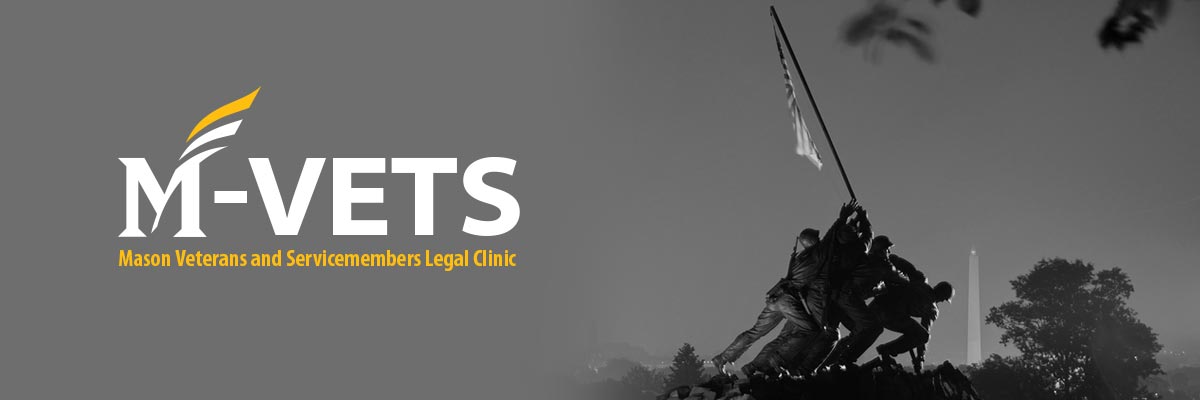By Michelle Caton ’13, Fall 2013 CLASV Student Advisor
Preparing for a deployment involves a seemingly endless stream of paperwork, meetings, and decisions. In the hectic weeks prior to departing, it can be easy to overlook some important actions that you can do to make life for yourself and your family a little simpler while you are gone. Here are a few steps you can take to help avoid some major headaches while you are deployed.
1. EXECUTE A POWER OF ATTORNEY.
In the event that something happens while you are away, another adult may need to act on your behalf. A power of attorney (POA) allows you to select an individual that you trust to act as your agent. There are several types of powers of attorney, each conveying different authorities to the person whom you select:
- A general POA gives your agent broad legal authority to handle your personal and financial affairs. Because of the wide discretion that a general POA gives to your agent, the term of a general POA is often limited to the duration of a deployment or some other length of time.
- A special or limited POA grants only certain, specified authority to your agent. You may choose to execute multiple special POAs instead of one general POA based on your personal needs and preferences.
- A medical POA permits your agent to make medical decisions on your behalf in the event that you become unable to do so due to physical or mental incapacity.
A spouse, other family member, or friend can act as your agent during the deployment. Talk to the person whom you would like to be your agent about your intent to make sure that he or she understands his or her role and are willing to undertake it; then speak with your base legal counsel to determine which type of POA best suits your needs. The legal office can draft your POA and notarize it upon your signing so that it takes effect.
2. CREATE A WILL.
Although many people believe that they don’t need a will, it is generally not a good idea to rely on the default rules that the law provides for your estate, especially if you are married or have children. A will allows you to select a legal guardian for your children, designate specific property to be transferred to certain people, and determine how your property should be divided in the event of your passing. Your base legal office can provide you with guidance specific to your own situation to create a will that works for you. If you already have a will in effect, review it prior to deploying to make sure that it reflects your current state of affairs.
A living will is a different type of will that allows you to direct what actions your family and medical providers should take if you are placed on life support or are otherwise unable to communicate your own desires due to a life-threatening medical condition. It allows you to proactively determine what type of medical treatment and life-sustaining measures that you are willing to receive or do not want. Consider creating a living will to ease the burden of decision-making on your family if you are seriously injured while deployed.
3. UPDATE YOUR INSURANCE.
Before you leave, take time to review your insurance policies, including any SGLI coverage, to ensure that all of your assets and family members are covered. Talk to your insurer(s) about adjusting your coverage during the deployment if necessary. Confirm that any policy beneficiary information is up-to-date and accurate.
4. PROVIDE ACCESS TO DOCUMENTATION.
Even the best-prepared documents won’t be of much use if your spouse or agent can’t find them. Obtain copies of all important documentation that may be needed in your absence—marriage licenses, birth certificates, naturalization paperwork, insurance policies, court orders, social security cards, tax returns, vehicle registration, mortgages or leases, wills, POAs, and anything else—and designate a secure location in which they will be kept. Let the appropriate people know where these documents are and how to gain access to them. Don’t forget to include any passcodes, PIN numbers, or login information that may be needed to access files electronically.
While these are just a few of the steps you can take to be better prepared for deploying, they can ease some of the stress that you and your family will face while you are deployed. Base legal offices also offer pre-deployment checklists and advisory services to assist you in making sure that your affairs are in order before you leave. Although it is never easy to consider the many uncertainties a deployment presents, being well prepared for the unknown will help you and your family overcome whatever challenges arise in your absence.
References & Resources
ABA Pre-Deployment Checklist: http://www.americanbar.org/content/dam/aba/migrated/legalservices/helpreservists/forms/checklist.authcheckdam.pdf
A Pre-Deployment Checklist for Military Families: http://www.militaryconnection.com/articles%5Cfinance%5Cpredeployment-checklist.asp
Military.com Pre-Deployment Checklist: http://www.military.com/spouse/military-deployment/dealing-with-deployment/predeployment-checklist.html
The views and opinions expressed in this article are those of the author’s only and do not necessarily reflect the official policy or position of CLASV, George Mason University School of Law, George Mason University or any agency of the Commonwealth of Virginia, and are not to be construed as legal advice. The contents of this website are intended to convey general information only and not to provide legal advice or opinions. The contents of this website, and the posting and viewing of the information on this website, should not be construed as, and should not be relied upon for, legal or tax advice in any particular circumstance or fact situation. The information presented on this website may not reflect the most current legal developments. An attorney should be contacted for advice on specific legal issues.
